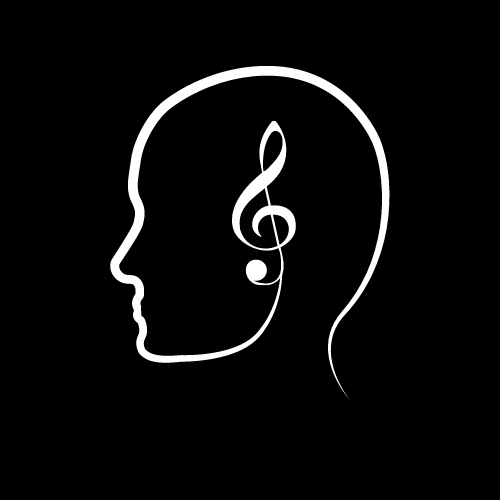I was lucky
A chance comment to my parents. “I’d like to sing in there” as I walked past Winchester Cathedral’s imposing west end.
I have no idea why I said it. Despite never having being religious, I sang in out local church choir, but that was a pretty small and low key affair. I’m not sure I even knew what a Chorister was. But I said it and my parents, to their credit, made it happen. And it started me on a path to being a professional musician who has been incredibly lucky. I’ve met wonderful people, have been paid to sing around the world and to sing some fantastic music. Within the last few months I’ve recorded a film score at Abbey Road in London, and sung at a live screening of the film Amadeus. It’s a great life.
But, whilst I’ve been very fortunate in my own musical education, I have witnessed firsthand the decline in opportunities for children to receive quality music education in recent times. Budget cuts in schools, decreased emphasis on the arts, and a shift towards more academic subjects have all played a part in limiting the access that young people have to music lessons and experiences. Where music education has continued, it has become increasingly computerised, automated and ultimately less human. While this trend offers convenience and flexibility, essential skills are not being taught. Schools which were once able to field an entire symphony orchestra are now struggling to provide even a bare minimum of players. An article in Music Teacher Magazine in 2021 entitled Species Under Threat: Endangered Instruments describes the terrible decline of certain instruments in parts of the country.
Music - practical or academic - takes time, commitment and effort to learn. In an age of instant gratification, the lure of creating a ‘song’ in a few taps on an iPad screen is understandable, and it has its place. But it won’t be where the next generation of orchestral instrumentalists will learn their craft.
And this is not elitist. Whilst access to good quality music education is diminishing, everyone is capable of understanding music. Around 2,000 people packed into Birmingham Symphony Hall recently to see a live screening of the superb 1984 film Amadeus with music provided live by the CBSO. The applause was rapturous. There’s something about hearing music played to such a high standard, live. Like a fantastic meal, the memory of it stays with you.
And so, in attempt to marry old and new, I want to leverage the power of the internet to bridge the gap in music education and inspire others to explore the world of the music I know and love, regardless of their geographical location or financial means. It is my mission to make music education more accessible and inclusive, ensuring that the next generation has the opportunity to cultivate their musical talents and express themselves through the universal language of music.

